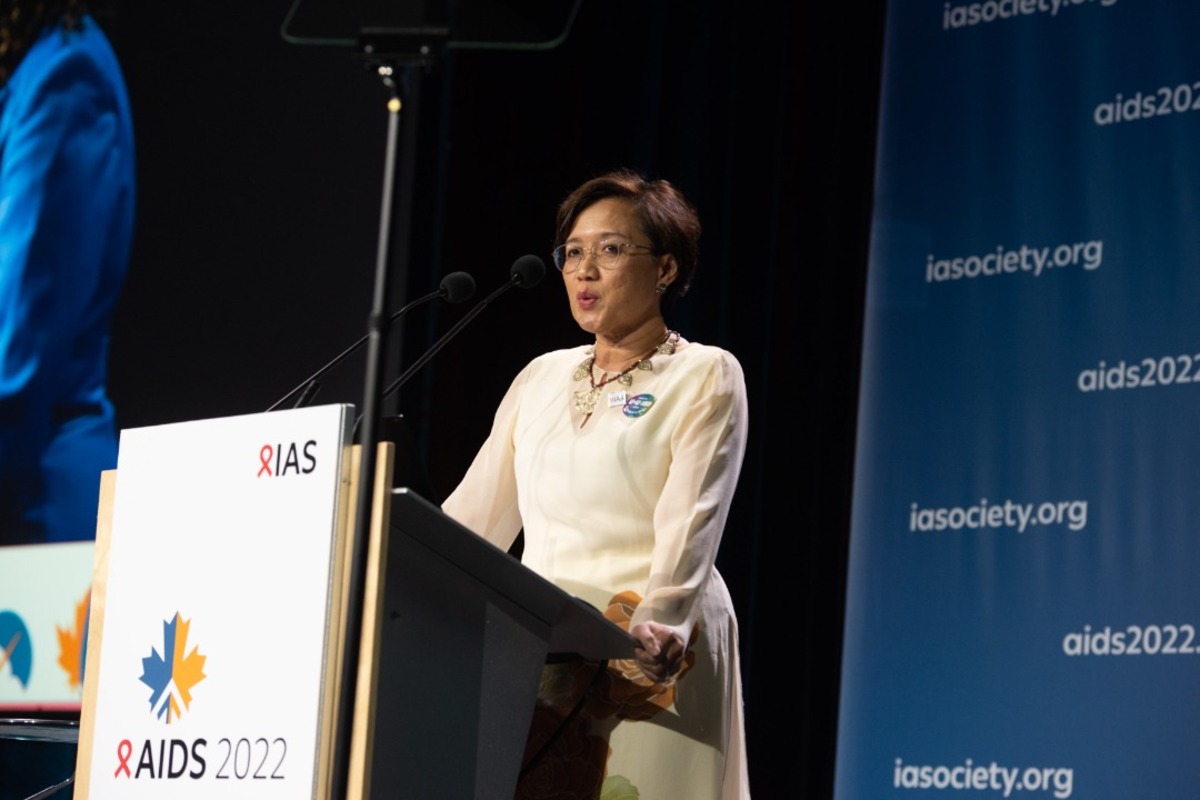MONTREAL, Sept 12 – Malaysia will likely have access to generic versions of long-acting cabotegravir (CAB-LA), the first injectable medication to prevent HIV, in 2027, at the earliest, along with other “second-tier” countries.
In an announcement last month, ViiV Healthcare agreed to provide access to affordable generic versions of its long-acting cabotegravir, Apretude, in 90 countries categorised as least developed, low-income, and lower-middle-income, where over 70 per cent of all new HIV infections occurred in 2020.
Apretude was first approved by the United States Food and Drug Administration (FDA) in December last year.
The 90 countries include six ASEAN countries: Cambodia, Indonesia, Laos, the Philippines, Myanmar, and Vietnam. ViiV’s voluntary licensing deal with the Medicines Patent Pool (MPP) also grants selected manufacturers to produce generic versions of cabotegravir.
“We’re in the second tier. Our country will have to negotiate with the MPP, but we will be in the next group, which will be in 2027,” said Prof Dr Adeeba Kamarulzaman, former president of the International AIDS Society (IAS), in an interview with CodeBlue on August 2.
The MPP is a public health group backed by the United Nations which negotiates with pharmaceutical companies for voluntary licences on priority drugs, including for HIV, to increase access.
“But if we want (the long-acting PrEP), we have to start preparing, if we want to manufacture and all that – it’s not that easy. It’s not like straightforward pills,” Dr Adeeba added.
Cabotegravir is an injectable, long-acting medicine that needs to be taken only once every two months, as opposed to the daily pills that characterise most pre-exposure prophylaxis (PrEP) regimes, which significantly reduce a person’s chance of contracting HIV.
In Malaysia, there are six classes of antiretroviral drugs available that target different phases in the HIV life cycle, according to the Ministry of Health’s Guidelines for the Management of Adult HIV Infection with Antiretroviral Therapy published in 2011.
They include tenofovir (a non-nucleoside reverse transcriptase inhibitor), emtricitabine (usually available for combination with tenofovir), efavirenz (a non nucleoside reverse transcriptase inhibitor), and dolutegravir (an integrase Inhibitor) – all of which are generally taken with other antiretrovirals to control HIV infection.
“We’ve been using tenofovir, emtricitabine, and efavirenz for the longest time. Then we got dolutegravir. It should be in Malaysia now, ViiV’s dolutegravir. Recently, we also fell into that group where you can get the reduced price, so that has happened very recently,” Dr Adeeba said.
The World Health Organization (WHO) released guidelines in Montreal, encouraging countries to get and use CAB-LA for those who need it.
ViiV has pledged that, until a generic becomes available, it will supply the drug “at a non-profit price” for public programmes in low-income, least developed and all sub-Saharan African nations. But concerns remain that the price is too high for most countries.
It was reported that the price of the injectable is US$3,700 (RM16,475) per dose. CAB-LA injections are given a month apart upon which, injections are given every two months.
ViiV’s not-for-profit price estimate is US$240 to US$270 for a year’s supply for one patient, according to The Guardian. The Clinton Health Access Initiative’s calculation estimates that the actual cost of the ingredients may be US$20 to US$40.








